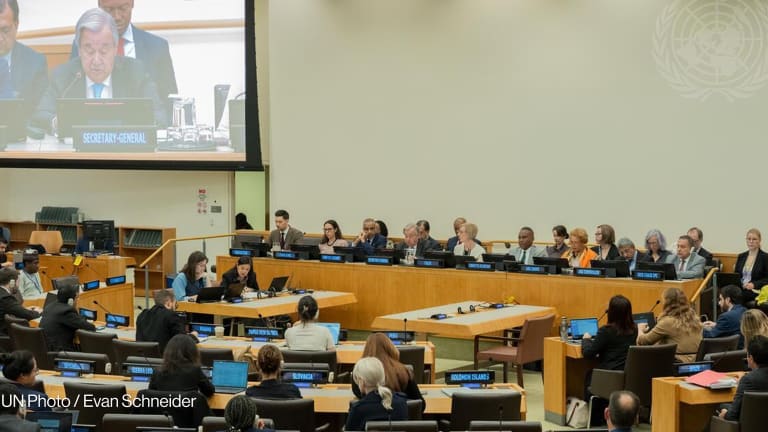Suffering from decades of territorial conflict with Israel, the Palestinians continue to strive for formal statehood. The World Bank considers the Palestinian territories — one of the areas which host Palestinian refugees and receive exclusive assistance from the U.N. Relief and Works Agency — among the poorest regions across the Middle East and North Africa.
The Palestinian territories are crippled by economic restrictions on the movement of people and goods within and outside the borders. Palestinians’ access to natural resources, international trade and even basic utilities, such as water and electricity, are limited. In 2012, the U.N. Development Program recorded a 22.8 percent unemployment rate in the territories, which is expected to further increase as peace talks with Israel are stalled. While the Palestinian National Authority has been governing the area since 1994, the body performs only administrative functions.
A resolution of the Israeli-Palestinian conflict is the long-standing objective of U.K. aid in the Palestinian territories. The Department for International Development remains committed to bilateral negotiations and a two-state solution with an independent Palestinian state sharing Jerusalem as capital city with Israel. According to DfID, the transformation of the Palestinian territories into an effective and viable democratic and trade partner with Israel requires heavy investment in educating the refugee-dominant Palestinian society, strengthening the PNA as a governing political body, and ensuring immediate humanitarian relief efforts in the most desperate areas.
This story is forDevex Promembers
Unlock this story now with a 15-day free trial of Devex Pro.
With a Devex Pro subscription you'll get access to deeper analysis and exclusive insights from our reporters and analysts.
Start my free trialRequest a group subscription







